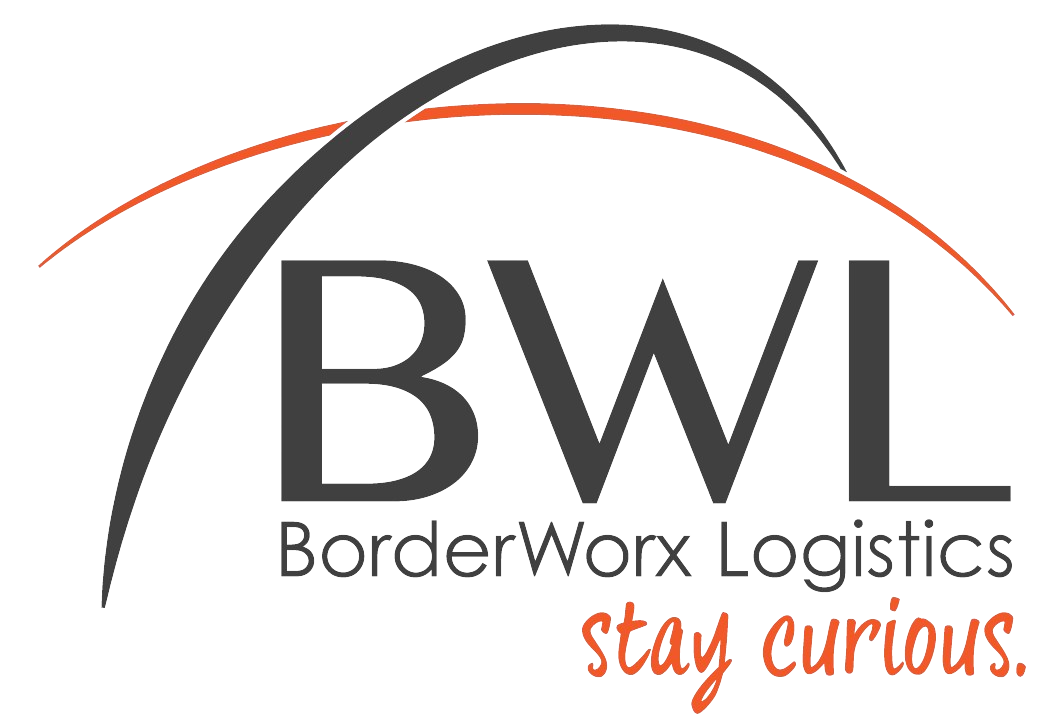What is a Foreign Trade Zone (FTZ)?
In an increasingly interconnected world, businesses are constantly looking for ways to optimize their operations and gain a competitive edge in global trade. This is where Foreign Trade Zones (FTZs) come into play, serving as a crucial nexus for trade and economic activity.
A Foreign Trade Zone is a designated location within a country, usually situated near a port of entry or an airport, where commercial merchandise—both domestic and foreign—receives the same Customs treatment it would if it were outside the commerce of the country. In the United States, these zones were created to encourage international commerce and reduce trade barriers.
Foreign Trade Zones offer several financial advantages for businesses involved in import-export activities. One of the primary benefits is the deferral, reduction, or even elimination of customs duties. Goods entering a Foreign Trade Zone are not subject to customs tariffs until they leave the zone and enter the domestic market. If the goods are re-exported to another country, then those duties are waived entirely, providing significant cost savings.
Additionally, companies operating within Foreign Trade Zones can benefit from streamlined customs procedures. For instance, customs clearances are typically quicker, allowing for faster movement of goods and improved logistics efficiency. This can be particularly advantageous for companies engaged in time-sensitive industries, such as perishable goods or just-in-time manufacturing supply chains.
Another key aspect of Foreign Trade Zones is their impact on inventory management. Companies can store goods within the zones without paying duties, which can be particularly useful for businesses that handle a high volume of imports or exports. This can improve cash flow and reduce costs associated with inventory taxes.
Feel free to contact us anytime you need
If you have any questions, or if you are unsure of any aspect of Borderworx Logistics please reach out to us. We are here to help!
